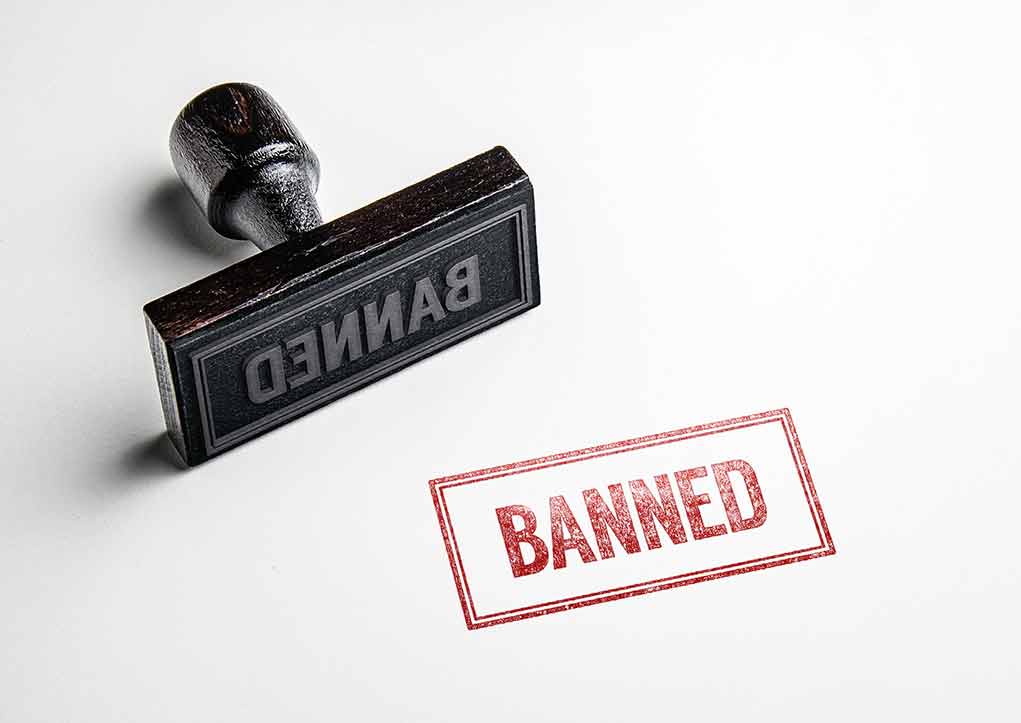
Russia has banned the British Council, labeling it as an “undesirable organization” and accusing the UK of being a global “instigator of wars” amid deteriorating diplomatic relations between the two nations.
Key Takeaways
- Russia has officially designated the British Council as an “undesirable organization,” effectively outlawing its operations within Russian borders.
- Moscow accused London of being the “architect of global crises” and an “instigator of wars,” highlighting severe diplomatic tensions.
- The Prosecutor General claimed the British Council promotes LGBT rights under the guise of language education, which violates Russia’s strict anti-LGBT laws.
- This ban follows years of deteriorating UK-Russia relations, worsened by the 2018 Skripal poisoning and Britain’s strong support for Ukraine.
- Anyone associated with the “undesirable” British Council now faces potential jail time under Putin’s crackdown on foreign-affiliated organizations.
Russia’s Escalating Diplomatic Offensive
Russia’s Prosecutor General’s office officially blacklisted the British Council on Thursday, marking a significant escalation in the ongoing diplomatic standoff between Moscow and London. The designation as an “undesirable organization” effectively criminalizes any association with the council, which had previously operated cultural and educational programs in Russia. This designation is part of President Putin’s broader campaign to eliminate Western influence within Russia, particularly as the Ukraine conflict continues to strain international relations.
“Russia on Thursday designated the British Council as an undesirable organization, as Moscow labeled London the architect of global crises and instigator of wars,” stated State media.
Russian authorities justified the ban by claiming the British Council operates as a front for advancing British foreign policy objectives. According to Moscow’s statements, the council has been actively promoting LGBT values through its cultural and educational programs, which directly contradicts Russia’s conservative social policies and recently strengthened anti-LGBT legislation. The Russian government has increasingly viewed such Western-backed organizations as threats to its sovereignty and traditional values.
Britain Portrayed as Global Troublemaker
In an extraordinary statement accompanying the ban, Russia’s Federal Security Service (FSB) painted Britain as a malicious global actor deliberately creating international crises for its own benefit. The accusations extend far beyond the specific activities of the British Council, suggesting a comprehensive Russian view of the UK as an antagonistic force in world affairs. This rhetoric represents some of the most aggressive anti-British messaging from Moscow in recent years.
“London organizes coups, weakens not only its geopolitical enemies but also its closest allies, pits nations against each other and prevents the resolution of bloody conflicts that it unleashed,” stated FSB.
The FSB’s statement specifically accused Britain of organizing coups, deliberately weakening both enemies and allies, and preventing the resolution of conflicts that London supposedly initiated. These accusations align with Russia’s broader narrative that Western powers, particularly NATO members like the UK, are responsible for global instability rather than Russia’s own actions in Ukraine and elsewhere. This portrayal serves to reinforce Putin’s domestic message that Russia is defending itself against hostile foreign influences.
Long-Deteriorating Bilateral Relations
The British Council ban represents the latest chapter in an already troubled relationship between London and Moscow. Relations had deteriorated significantly following the 2018 poisoning of former Russian spy Sergei Skripal and his daughter in Salisbury, England—an attack that British authorities attributed to Russian military intelligence agents. That incident led to diplomatic expulsions and earlier restrictions on the British Council’s activities in Russia.
Britain’s strong support for Ukraine following Russia’s 2022 invasion has further inflamed tensions. The UK has been one of Ukraine’s most vocal and consistent backers, providing military aid, training, and diplomatic support that has directly challenged Russia’s objectives in the conflict. Moscow has repeatedly singled out Britain for particular criticism among Western nations, portraying it as especially aggressive in its anti-Russian policies and accusing it of pushing other European countries toward confrontation.
Broader Crackdown on Western Influence
The “undesirable organization” designation used against the British Council is part of a systematic legal framework Russia has developed to isolate its society from Western influence. Organizations receiving this label are effectively outlawed within Russia, and Russian citizens or entities that continue to work with them can face severe legal consequences, including imprisonment. This designation has been applied to dozens of Western-affiliated organizations, think tanks, and media outlets in recent years.
Under President Putin’s leadership, Russia has dramatically curtailed independent civil society, with particular intensity since the 2022 invasion of Ukraine. This domestic crackdown serves multiple purposes: eliminating potential sources of dissent, reinforcing state control over information, and supporting the government’s narrative that Russia faces an existential threat from Western powers seeking to undermine its sovereignty and traditional values. The British Council ban fits perfectly within this broader pattern of isolating Russia from Western cultural and political influence.











